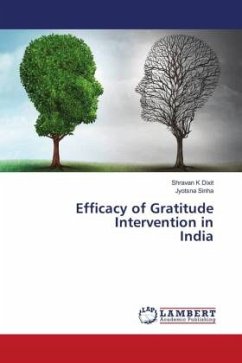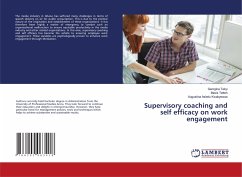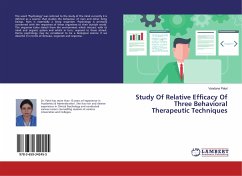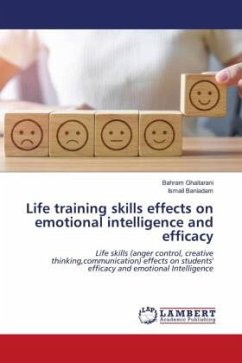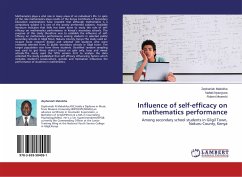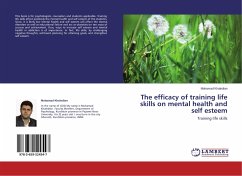Gratitude interventions have been more effective at increasing subjective well-being in individualistic cultures compared to collectivistic cultures. In a cross-cultural study, Titova et al. (2017) recruited Indian participants as a representative of collectivistic cultures and found out that gratitude intervention increased the positive emotions as well as negative emotions among Indians. Indians were mostly choosing the more distant person (e.g., friend, colleague, teacher) while Anglo-Americans were mostly choosing immediate family members. Choosing a distant person as a target of gratitude can generate the feeling of indebtedness or obligation to return the favor as these are the persons who had to go the extra mile to help. Family members are socially expected to help. Therefore choosing a family member may not induce indebtedness and its associated negative emotions. The first study in this book investigated whether choosing an immediate family member for expressing gratitude was more beneficial than choosing anyone for Indian participants. Findings from correlational analysis led to some profound questions which led to the second study.
Bitte wählen Sie Ihr Anliegen aus.
Rechnungen
Retourenschein anfordern
Bestellstatus
Storno

